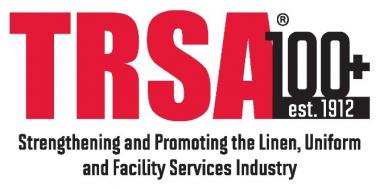EURATEX: Launch of TCLF SkillBridge Project
EURATEX together with COTANCE and CEC hosted the TCLF SkillBridge Stakeholder Event, an important step towards forming regional skills partnerships by bringing together various stakeholders from industry, education, and public sectors.
Co-financed by the European Commission, TCLF SkillBridge aims to establish and nurture regional partnerships between TCLF industries, regional authorities, and local universities and VET providers. The project will target up to 25 European regions with a strong concentration of textile, clothing, leather or footwear industries. This regional focus will allow the development of specific action plans related to reskilling and upskilling, which meet the needs of each target region. The project will support the creation of such partnerships, facilitate community exchanges for knowledge sharing, and provide support to SMEs, enabling them to upskill and reskill their workforce in tune with the evolving demands of the industry.
The TCLF SkillBridge project complements 2 other initiatives – AEQUALIS4TCLF and METASKILLS4TCLF – which have already been launched under the Erasmus+ Programme. As a result, the industry has now a coherent set of instruments across the EU to address the skills challenges.
During the event, stakeholders from the Emilia Romagna Region, ATEVAL, and Verband der Deutschen Lederindustrie e.V. gave insights in their experiences in skills collaborations in their regions. An interactive session then followed, where stakeholders discussed how to successfully establish such regional partnerships under the Pact for Skills.
EURATEX






















